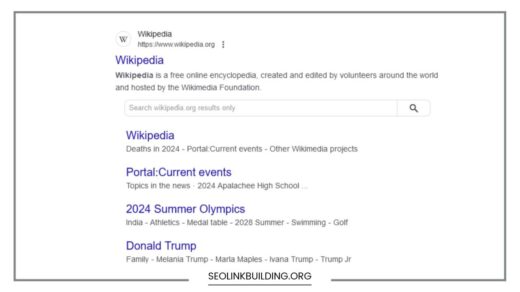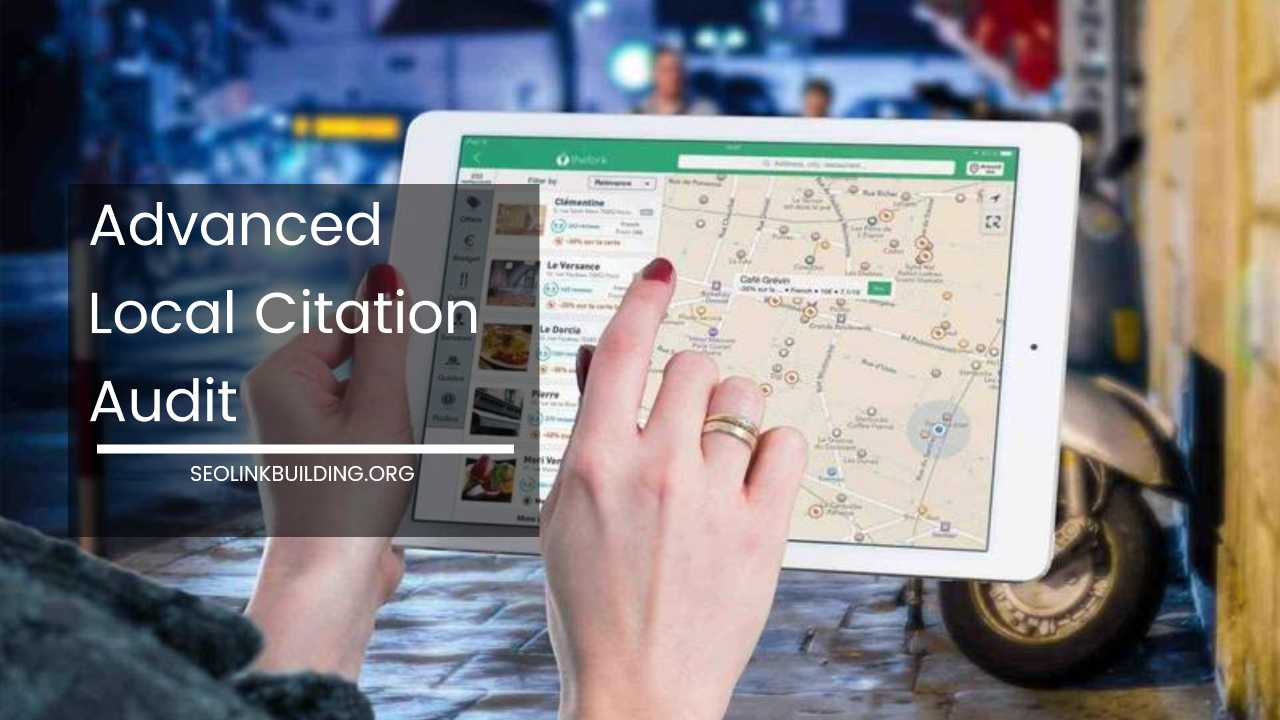Frequently Asked Questions (FAQ) About Business Blogging

Frequently Asked Questions (FAQ) About Business Blogging
Business blogging. It’s a powerful tool used by countless companies to achieve various goals, from brand awareness to lead generation. But for those new to the game, the prospect of launching and maintaining a successful business blog can be daunting.
Fear not! This FAQ addresses the most commonly asked questions about business blogging, equipping you with the knowledge and confidence to embark on your content creation journey.
Getting Started with Business Blogging
1. Why should I even bother with business blogging?
The benefits of business blogging are numerous. Here are a few key reasons to consider:
- Increased brand awareness: A consistent blog positions your company as a thought leader in your industry, making you more recognizable to potential customers.
- Improved SEO: Blogs allow you to target relevant keywords, leading to higher search engine rankings and increased organic traffic to your website.
- Lead generation: Valuable content attracts and educates potential customers, nurturing them into leads. You can capture leads through calls to action (CTAs) within your blog posts.
- Enhanced customer engagement: Blogs foster a two-way communication channel, allowing you to connect with your audience, answer their questions, and build trust.
- Established expertise: By sharing industry insights and solutions, you demonstrate your company’s expertise, making you a more credible choice for your target audience.
2. How do I choose a niche for my business blog?
A niche helps you focus your content and attract a specific audience. Here’s how to find yours:
- Consider your industry: What are the pain points and interests of your target audience within your broader industry?
- Analyze your competitors: See what topics your competitors are covering and identify gaps you can fill.
- Look at your strengths: What areas does your company excel in? Build your niche around your expertise.
- Research trending topics: Look for industry trends and discussions you can participate in through your blog.
3. What platform should I use for my business blog?
Popular blogging platforms include WordPress, Wix, and Squarespace. Each offers different features and pricing models. Consider factors like ease of use, customization options, and scalability when making your choice.
4. How often should I post on my business blog?
Consistency is key. While the ideal frequency depends on your industry and resources, aiming for at least one high-quality post per week is a good starting point.
5. I’m not a professional writer. Can I still create a successful business blog?
Absolutely! While strong writing skills are helpful, the most important thing is to be passionate about your niche and provide valuable information to your audience. You can also consider collaborating with freelance writers or agencies for content creation.
Content Creation and Strategy
6. What kind of content should I create for my business blog?
There are many content formats to choose from. Here are a few effective options:
- Industry insights and trends: Share your expertise on current topics and developments in your field.
- How-to guides and tutorials: Offer step-by-step instructions on topics relevant to your target audience.
- Case studies and success stories: Showcase how your products or services have helped clients achieve their goals.
- Listicles and infographics: Present complex information in easily digestible formats for increased engagement.
- Industry news and updates: Keep your audience informed about relevant news and happenings in your industry.
7. How can I come up with blog post ideas?
- Brainstorm with your team: Conduct brainstorming sessions to generate ideas and identify topics of interest to your target audience.
- Monitor industry trends: Keep an eye on industry publications and social media discussions for trending topics and potential blog themes.
- Use keyword research tools: Tools like Google Keyword Planner can help you identify keywords people are searching for, allowing you to create content that addresses their needs.
- Analyze your audience’s needs: Pay attention to questions your customers frequently ask or issues they raise on social media. Address these concerns through your blog content.
8. How do I optimize my blog content for search engines?
Search Engine Optimization (SEO) helps your blog rank higher in search results. Here are some basic SEO practices:
- Keyword research: Identify relevant keywords and naturally incorporate them into your content.
- Meta descriptions and title tags: Craft compelling titles and meta descriptions that accurately describe your content and entice clicks.
- Internal linking: Link your blog posts to relevant pages on your website to improve user experience and website navigation.
- Image optimization: Use descriptive alt text for images to improve accessibility and SEO.
9. How can I make my business blog visually appealing?
Visuals play a crucial role in capturing attention and enhancing user experience. Here are some tips:
- Use high-quality images and graphics: Invest in professional-looking visuals that are relevant to your content.
- Incorporate infographics and charts: Present complex data in an easy-to-understand format.
- Maintain a consistent visual style: Develop a recognizable visual identity for your blog, such as using a specific color palette or font style.
- Optimize images for size and speed: Large image files can slow down your website loading time. Ensure your images are optimized for web use.
10. How can I promote my business blog?
Don’t expect people to simply stumble upon your blog. Here are some strategies to get your content seen:
- Social media promotion: Share your blog posts on relevant social media platforms and engage with your audience in the comments.
- Email marketing: Include links to your latest blog posts in your email newsletters.
- Guest blogging: Contribute guest posts to other relevant websites to expand your reach and attract new visitors.
- Online communities: Participate in online communities and forums related to your niche, share your expertise, and link back to your blog.
11. How do I measure the success of my business blog?
Tracking key metrics helps you understand what’s working and what needs improvement. Here are some important metrics to consider:
- Website traffic: Monitor how many visitors your blog attracts and which posts generate the most traffic.
- Engagement metrics: Track metrics like comments, shares, and social media engagement to gauge audience interaction.
- Lead generation: Analyze how many leads your blog generates through contact form submissions or CTA clicks.
- Sales conversions: If your blog is part of your sales funnel, track how many blog visitors convert into paying customers.
12. How long does it take to see results from business blogging?
Building a successful business blog takes time and consistent effort. Don’t get discouraged if you don’t see overnight results. While some businesses may experience quicker success depending on their niche and promotional efforts, generally, it takes 6 months to a year to see significant results in terms of traffic, leads, and brand awareness.
Advanced Business Blogging Techniques
13. How can I leverage influencers to promote my business blog?
Partnering with relevant influencers in your industry can significantly boost your blog’s reach and credibility. Identify influencers who resonate with your target audience and explore collaboration opportunities, such as sponsored content or guest blogging features.
14. What are some effective ways to repurpose my blog content?
Don’t let your valuable content sit idle on your blog. Repurpose your blog posts into other formats to extend their reach and value. Here are some ideas:
- Create social media posts: Extract key points from your blog articles and turn them into engaging social media posts.
- Develop videos or podcasts: Expand upon your blog content by creating video explainers or audio podcasts based on your blog posts.
- Design slide decks or presentations: Convert your blog content into informative slide decks for webinars or presentations.
- Develop ebooks or white papers: Compile a series of related blog posts into a downloadable ebook or white paper to offer in exchange for leads.
15. How can I use analytics to further optimize my business blog?
Website analytics tools provide valuable insights into your blog’s performance. Utilize these insights to:
- Identify high-performing content: See which blog posts resonate most with your audience and create similar content in the future.
- Analyze audience demographics: Understand your target audience better by analyzing their demographics and interests based on website traffic data.
- Evaluate content formats: Track which content formats, such as articles, infographics, or videos, generate the most engagement.
By consistently analyzing your blog’s performance and making data-driven adjustments to your strategy, you can continuously optimize your content and maximize its impact.
Final Word
Business blogging is a powerful tool for any company looking to establish brand authority, attract leads, and achieve its marketing goals. By addressing these FAQs, you’re well-equipped to embark on your business blogging journey with a clear understanding of the essential steps and strategies involved.
Remember, success takes time and dedication. But with consistent effort and valuable content creation, your business blog can become a cornerstone of your digital marketing strategy.













